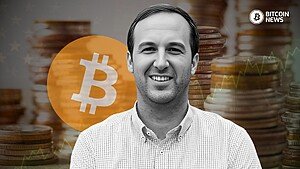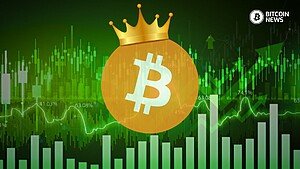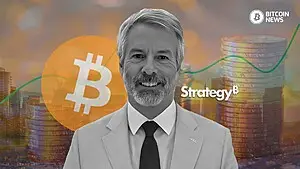The German Producer Price Index reached its highest level of inflation since 1949 topping 30% in March.
The country’s Federal Statistics Office announced the figures on Wednesday. This is the agency’s highest level since it began collecting statistics 73 years ago.
Who is the most responsible? Energy costs increased about 84% in comparison to the same month previous year.
“Mainly responsible for the high rise of energy prices were the strong price increases of natural gas… which was [up] 144.8% on March 2021,” the statistics office said in a statement.
It is one of the earliest indications of the massive damage the conflict in Ukraine and responses to it have had on Germany’s economy, Europe’s largest.
Between February and March, producer prices increased by about 5%. Consumers should prepare for the worst.
According to Wednesday’s findings, factory gate inflation seeps into retail pricing, and buyers should expect to spend more on everything from furniture to beef.
Food Prices in Germany to Increase by 20-50%
Just days after reporting the greatest inflation in generations (7.6% annualized in February), Germany appears to be moving closer to the notorious Weimar hyperinflation.
Reuters reported back on April 4, that prices at German retail chains would pump between 20 and 50%. That was prior to the now mentioned, 30.9% producer price inflation number.
According to a recent Ifo Institute poll, practically all German food retail enterprises intend price hikes.
While price rises scare Germany’s hard-hit consumers, industry analysts say shortages are unlikely in the near future. That’s to be anticipated. When costs skyrocket, fewer individuals can afford items.
The food supply in Germany is secured for at least another year, according to the farming association’s president, Joachim Rukwied.
Despite the reports of shortages, grocery owners have complained of frantic shopping not seen since the pandemic’s early months.
As previously observed, German shops have begun restricting purchases of cooking oils and wheat to discourage panic buying. That is, limit sales of high-demand items.
WPI at 14.55%, a Four-Month High
WPI inflation has maintained double digits for the 12th straight month as of April 2021, according to official government statistics issued on Monday.
In March, wholesale price-based inflation reached a four-month high of 14.55%, owing mostly to a rise in crude oil and commodity costs, despite a drop in vegetable prices.
The last time a WPI of this magnitude was reported was in November 2021, when inflation was 14.87%.
WPI inflation in February was 13.11%, compared to 7.89% in March of last year.
Recession Odds Increase as US Bond Market Signals Downturn
On March 29, an indicator of the bond market that is carefully watched flashed a signal that often implies that the United States economy is headed for a recession.
The indication came in the form of an inversion in the gap between 2-year and 10-year Treasury notes, which was the first time this has happened since January of 2019.
The yield curve inverted once more the next day, with 2-year bonds reaching 2.377% that Wednesday and 10-year notes falling as low as 2.334%.
The inversion has occurred at a time when inflation in the United States is at an all-time high, and the Federal Reserve is preparing to tighten monetary easing measures further raise the benchmark interest rate it appears another 50 bps.
There have also been a number of publications in recent months that raise the question of whether or not the United States dollar may lose its role as the world’s reserve currency.
In a recent piece, The Economist asks: “Would dollar domination give way to a multipolar system of currencies?”
Other financial writers, such as those at Barron’s and the South China Morning Post (SCMP), address the same topic or suggest that de-dollarization will be a complete failure.
According to reports, “bond investors appear to be significantly more gloomy about the economy.”
Furthermore, according to data provided by the Federal Reserve Bank of San Francisco, the inverted yield curve has accurately anticipated the onset of a recession every time it has occurred over the previous 60 years.
In a World of Uncertainty, Bitcoin is the Ultimate Hedge
Listen to Natalie Brunell smash Mark Cuban and Orange Pill this Fox Business Host on how Bitcoin is built different, and can help fix many of the issues we see in the world, including runaway inflation.










